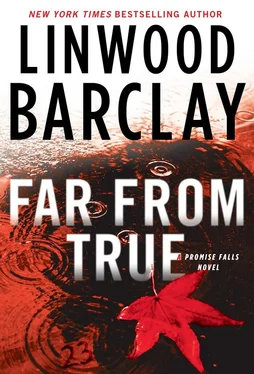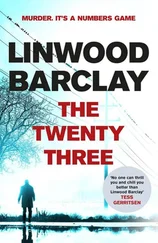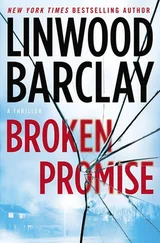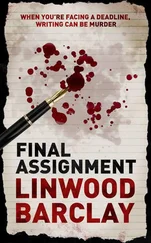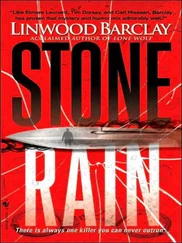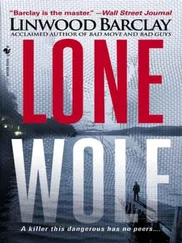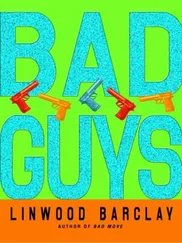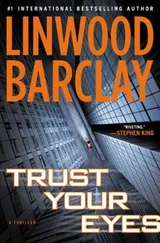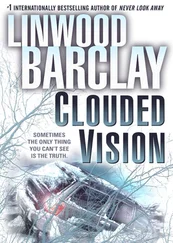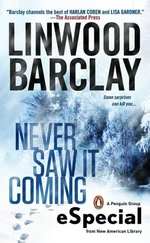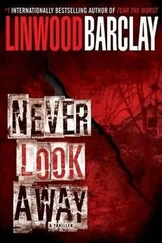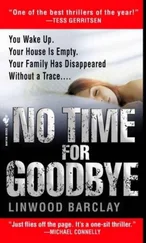“Hey, sweetheart,” he said softly.
His wife was in bed, on her back, the covers pulled up to her neck. Her skin was pale, her hair sparse. A soft bedside lamp cast light on a pair of reading glasses, a hardcover Ken Follett novel, and several jars of pills.
Jane’s eyes fluttered open.
“You’re home,” she said. “Does Lindsay know?”
“I just sent her home.”
“Have you eaten?”
“She made something up for me. I’ll have it in a sec. Lindsay said you had a good day.”
“I guess,” Jane said, her eyelids heavy. “What did you do today?”
“This and that,” he said. “I’m thinking I’ll declare tomorrow.”
Jane took a long, deep breath. “You don’t have to do this.”
Finley sat on the edge of the bed, reached through the covers until he found his wife’s hand, and gave it a squeeze. “I can be the man you always wanted me to be.”
“You don’t have to prove anything.”
“I shamed you. I—”
“Stop,” she said, her head moving from side to side on the pillow.
“But I did. I want people to see I’m not that man anymore. That I’m a better man. Someone worthy of you.”
He put a hand to her forehead. “You feel warm. Would you like a cool cloth?”
“I don’t want to trouble you,” Jane said. “Go eat.”
He got up, went into the bathroom, and ran the water from the tap until it was cold. He held a washcloth under the stream, turned off the water, wrung as much water as he could from the cloth, and returned to his wife’s side.
“Here,” he said, and rested the cloth on her forehead.
“That feels good,” she said. “That feels really nice.”
Finley picked up the Follett book. “How is this?”
“It’s good,” she said. “But it’s so long, and heavy. It’s hard to hold up.”
Finley opened it to where she’d left her bookmark. “Would you like me to read some of it to you?”
“What about your dinner?” Jane asked.
“It’s not hot. Just ham and potato salad.”
“Okay, then.”
He only got through half a page before Jane was asleep. He placed the book back on the bedside table, took the cloth from her forehead, turned off the light, and slipped quietly from the room.
When Duckworth saw the Finley Springs Water truck parked in his driveway, he figured it meant one of two things. The former mayor had dropped by to visit, or his son, Trevor, was here.
Duckworth wasn’t sure whose visit he dreaded more.
Without question, Randall was not welcome. Duckworth had had to chase him off the parking lot of the drive-in the night before when the opportunistic gasbag had tried to get his picture taken helping people out. The detective almost wished the man had refused to leave. He’d have loved to slap the cuffs on him and throw him into the back of his car.
So that made Trevor a more welcome visitor. But it had been almost two weeks since Duckworth had seen his son, and that visit had not gone well. Trevor had spent the night at his parents’ house, showing up in a Finley truck just like the one that was in the driveway now. When Duckworth found out Randy had given his son a job, his radar kicked in.
Randy had been leaning on Duckworth to pass along anything that might help him in his upcoming campaign — in particular, problems within the police department. He’d even suggested to Barry that if he helped him out, once elected, he’d see about firing Rhonda Finderman and making him the new chief.
Duckworth wanted none of it.
So when he found out his son was working for the ex-mayor’s water company, Duckworth couldn’t help but suspect Finley of wanting payback. I gave your boy a job. Now give me something I can use.
But when he told Trevor his suspicions, it all came out wrong. Trevor, proud to have found work after months of unemployment, felt demeaned, as though his father were suggesting he couldn’t find a job on his own terms. Trevor got in his water company van and took off.
The two hadn’t spoken since.
Duckworth got out of his car and walked to the front door, stood there a moment, steeling himself to whatever was coming.
He opened the door and stepped inside.
“Barry?” His wife’s voice, coming from upstairs. Seconds later, he saw her legs first, then the rest of her, as she descended the stairs.
“Hey,” he said.
“Trevor’s here.”
“I saw the truck.”
“He’s upstairs. He was doing a run somewhere — I can’t remember where — and decided to stop by before dropping off the van at the end of his shift.”
“Great,” Duckworth said.
Maureen said, “He was helping himself to a beer in the fridge, but I said because he was still technically working, and responsible for one of Finley’s water delivery trucks, he should just have a Coke, and he got annoyed, said he was hardly going to get drunk on one beer, and I said, ‘Let’s say you have an accident, and it isn’t even your fault, but they do a breath test and find out you’d been drinking. That could make you and your employer liable. It could lose you your job.’ Do you think I told him the right thing? Or am I just picking on him? Do you want dinner now? It’s all ready. I asked him if he wanted anything, but he said no. He’s upstairs going through some of his old CDs that he wants to put onto his computer so he can put them on his iThingie or whatever. How’d it go today?”
The two of them went into the kitchen. Duckworth reached into the fridge and grabbed one of the beers his son had lusted after.
“Lousy day,” he said, dropping his butt onto a chair at the table.
“Well, since you asked, mine wasn’t much better,” Maureen said.
“Sorry,” Duckworth said. “You go first.”
“Well, we lost Mrs. Grover’s bifocals.” Maureen managed a store that sold eyeglasses. “Things went downhill from there.”
“Oh, shit. Did you find them?”
“When the new pair we ordered come in, that’s when we’ll find them. But I’m guessing that’s small change to what you’ve had to deal with. The drive-in and all.”
“Yeah. And all.”
Maureen soon had a plate in front of him. Baked chicken without the skin, asparagus, a few carrots. Duckworth studied it, wondering what had happened to the butter-smothered baked potato.
“The drive-in,” Maureen reminded him.
He twisted the cap off the beer and took a drink. “They had a bomb expert out there today. It was no accident. And they’ve got this guy working with me, who I sent out to Thackeray today. I don’t know what to make of him. And the Fisher-Gaynor stuff is still driving me crazy.”
“That’s a full plate,” she said.
Duckworth looked down. “Speaking of which, why is there no potato?”
“You’ve got two vegetables.”
“But neither one of them’s a potato.”
“If I cooked you a potato, you’d bury it in butter and sour cream. What’s the latest with Rosemary Gaynor? I thought the doctor killed her.”
“I don’t think so. It had to be somebody else. I think it’s Olivia Fisher’s killer.”
“That was horrible. All those people in the park who heard her screaming and didn’t do a thing. And such a black mark against the town. All that media attention, the stories about the town that didn’t care, the twenty-two people who heard what happened and did nothing. Remember they compared it to the Kitty Genovese story? You know? The woman in Queens, in 1964? Stabbed to death in Kew Gardens with a whole bunch of witnesses and nobody did anything.”
“How many people did you say heard her?”
“Kitty Genovese?”
“No. Olivia Fisher.”
“Oh. The stories back then said twenty-two.”
Читать дальше
